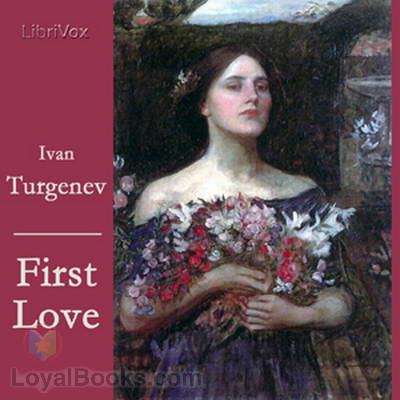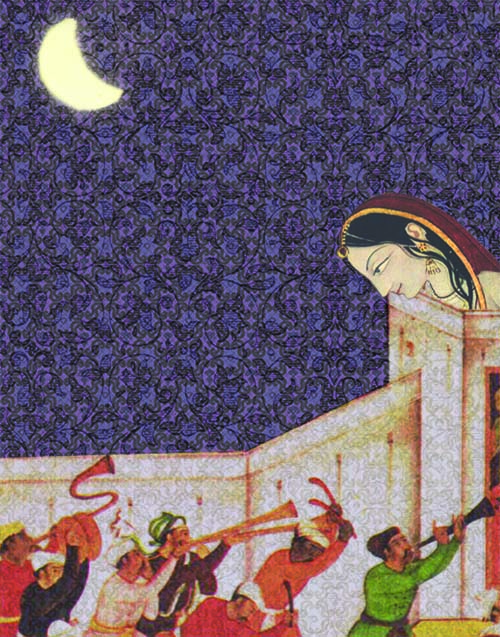
It is easy to see why Elena falls instead for Insarov, the newcomer into her society, and, to a far greater extent than the corresponding figures in the previous two novels, very much an outsider. The future this father demands for his daughter is one of unaspiring mediocrity and moral corruption, and the husband he proposes for her is every bit as uninspiring and as mediocre as himself Elena, a somewhat less gentle soul, perhaps, than Liza in the previous novel, cannot even begin to take him seriously. The older generation, once again, has little to offer, but where Liza’s mother had merely been foolish, Elena’s father is immoral, openly keeping a mistress while at the same time demanding respect for himself and deference to his social standing. The principal character here, Elena, is, like Liza in Home of the Gentry, pure-hearted and loving, recently grown into adulthood but unlike Liza, hers is a restless soul, not at peace either with those around her, or, indeed, with herself.

The dreamy melancholy of balmy evenings and singing nightingales has not gone away, but there are other matters simmering furiously below the surface. But these concerns could not be dismissed: in his next novel, On the Eve, the very title vibrating with social and political resonance, these issues return, as it were, with a vengeance. In his first full-length novel, Rudin, he had explored the character of the “superfluous man” – a man who is intelligent, articulate, and capable, but who is, nonetheless, curiously ineffective his next novel, Home of the Gentry, is more a “pure” love story, for the most part, as far as I could see, unadulterated with political and social concerns: I got the impression reading that novel that had these concerns not been so pressing, and so weighing so heavily on Turgenev’s mind, this is the kind of novel he would have preferred to write. However, what is of interest is not so much the plot but what the author makes of it, and in these three novels, Turgenev uses this basic plotline to make quite different things.

Not a lot, I’d guess, judging from his first three novels, since the central plotline in all three of them is more or less the same – a young girl with a sheltered upbringing in a provincial town awakens emotionally, and falls in love with a newcomer into the closed society she inhabits, but it all ends sadly. I wonder to what extent Turgenev was interested in plot.


“On the Eve” by Ivan Turgenev, translated by Gilbert Gardiner, Penguin Classics


 0 kommentar(er)
0 kommentar(er)
